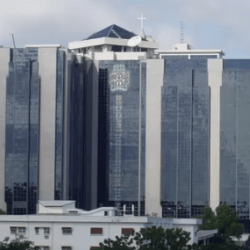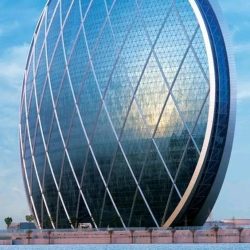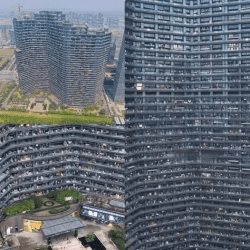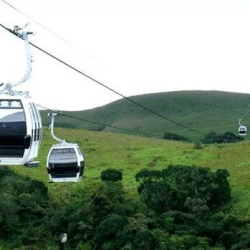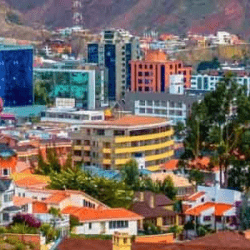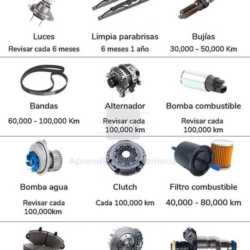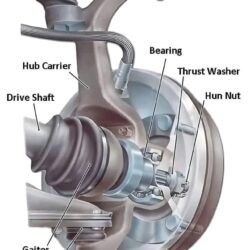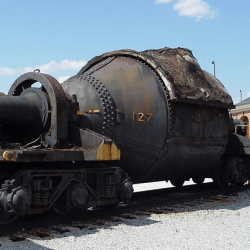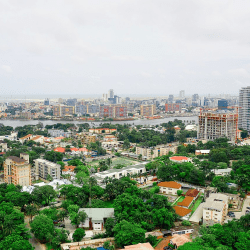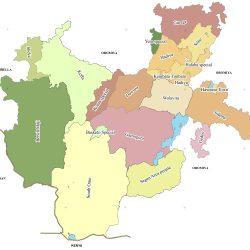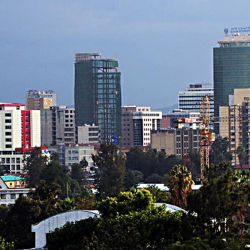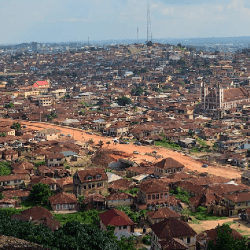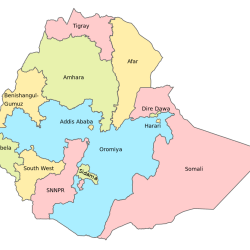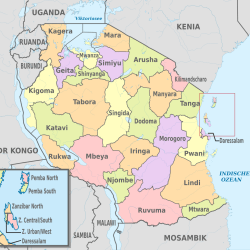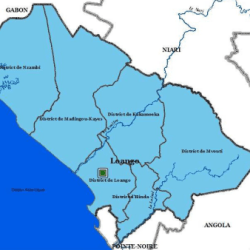The Sibut Administrative Building, Bangui, CAR (Central African Republic), commissioned in December 2018, houses four ministries, namely: the Ministry of Commerce; the Ministry of Education; the Ministry of Public Security and the Ministry of Small and Medium Enterprises.






Construction of the building was financed by international partners.
The laying of the foundation stone of the Administrative Buildings of Bossangoa and Berbérati, reinforced the determination of the Central African State to rise from its ashes after many years of military-political crisis.
The President of Central African Republic, His Excellency Prof. Faustin Archange Touadera attended the inaugural ceremony of the renovated Administrative Building.
The President of the Republic, His Excellency Prof. Faustin Archange Touadera honored with his presence this morning at the inauguration ceremony of the renovated Administrative Building.
After being dilapidated for several years, the rehabilitation work the building was carried out by the Chinese company, China Jiangsu International Group Central African Republic with its own financing from the Central African government to the tune of 1 billion 600 million CFA francs.
In his speech on the occasion, the Minister of Urban Planning, Housing and Urban Affairs Gaby Francky LEFFA said that the rehabilitation of the Administrative Building, which is one of the historic buildings of this country, is part of the vision of President Touadera who wants to make the beautification of the cities of the CAR, one of the priorities of his five-year term.
To show the gratitude of the Central African people to the directors of this project, the President of the Republic has exceptionally appointed some managers of the China Jiangsu International Central African Republic company to the Central African National Order of Recognition.
Reference: gouv.cf/realisation/59/rehabilitation-du-building-administratif
Central African Republic
Central African Republic (CAR) is a country in Central Africa. It is bordered by Chad to the north, Sudan to the northeast, South Sudan to the east, the Democratic Republic of the Congo to the south, the Republic of the Congo to the southwest, and Cameroon to the west.
Bangui is the country’s capital and largest city.
Capital: Bangui
Population (2023): 6,1 million






Bangui is located at the border of the Democratic Republic of the Congo.
The Central African Republic covers a land area of about 620,000 square kilometres (240,000 sq mi). As of 2021, it had an estimated population of around 5.5 million.
Most of the Central African Republic consists of Sudano-Guinean savannas, but the country also includes an equatorial forest zone in the south.
Central African Republic was given the name Ubangui-Shari when it was founded as a French colony in 1903.
Two-thirds of the country is within the Ubangi River basin (which flows into the Congo), while the remaining third lies in the basin of the Chari, which flows into Lake Chad.
France modeled its administration of the colony after the Belgian Congo, subcontracting control of the territory to private companies that collected rubber and ivory.
Although France banned the domestic slave trade in the country in the 1910s, the private companies continued to exploit the population through forced labor.
The colony of Ubangi-Shari gained independence from France as the Central African Republic in August 1960
After gaining independence from France in 1960, the Central African Republic was ruled by a series of autocratic leaders.
By the 1990s, calls for democracy led to the first multi-party democratic elections in 1993. Ange-Félix Patassé became president, but was later removed by General François Bozizé in the 2003 coup.
The Central African Republic Bush War began in 2004 and, despite a peace treaty in 2007 and another in 2011, civil war resumed in 2012. The civil war perpetuated the country’s poor human rights record: it was characterized by widespread and increasing abuses by various participating armed groups, such as arbitrary imprisonment, torture, and restrictions on freedom of the press and freedom of movement.
Despite its significant mineral deposits and other resources, such as uranium reserves, crude oil, gold, diamonds, cobalt, lumber, hydropower and arable land, the Central African Republic is among the ten poorest countries in the world, with the lowest GDP per capita at purchasing power parity in the world as of 2017. As of 2021, according to the Human Development Index (HDI), the country had the fourth-lowest level of human development, ranking 188 out of 191 countries.
The Central African Republic is a member of the United Nations, the African Union, the Economic Community of Central African States, the Organisation internationale de la Francophonie and the Non-Aligned Movement.
